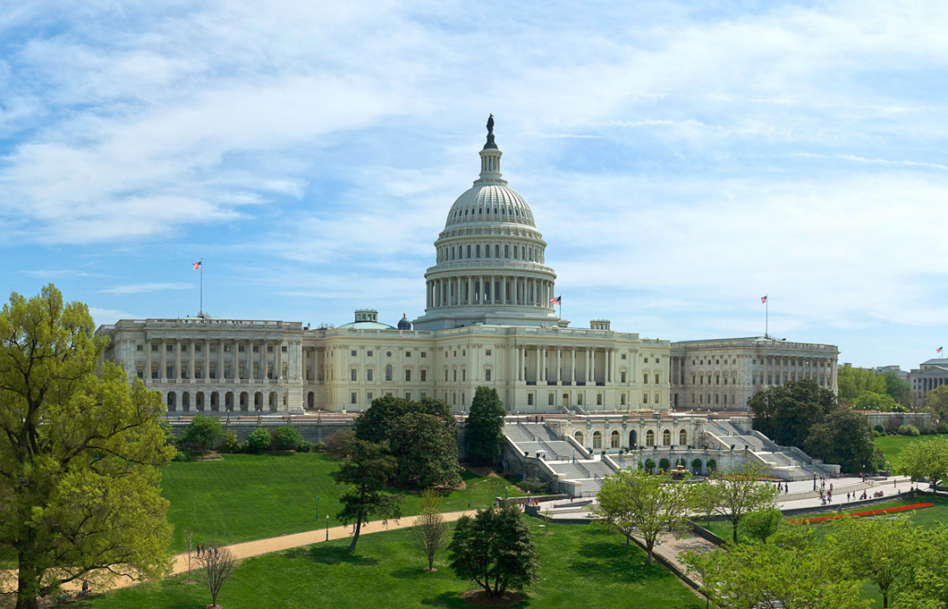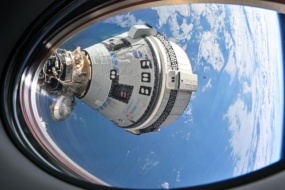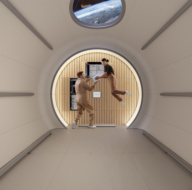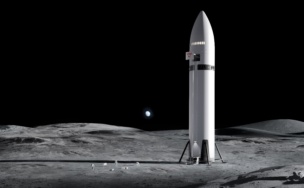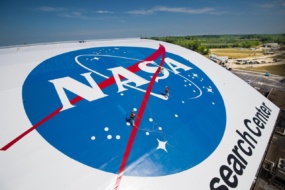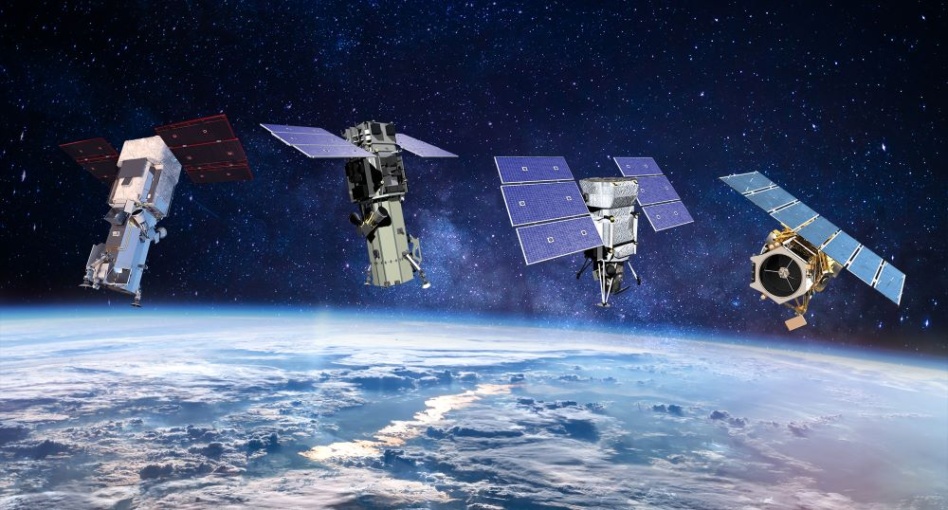On Friday, the White House announced the latest group of leaders to staff a key advisory board for the National Space Council.
Formerly known as the User’s Advisory Committee (UAC), the group will inform policy decisions and actions considered by the council. The group includes 30 representatives from the space industry, climate scientists, educators, advocacy group leaders, and end users of space technology.
National Space Council chair Kamala Harris set three priorities for the council at its last meeting: expand the STEM workforce, address the climate crisis, and spearhead international norms and rules in space. UAC’s new membership is tailored to these goals, and includes significantly more representation from climate research and academia than the last iteration of the committee.
Harris announced the new chair of the UAC, retired USAF General Lester Lyles, during the September council meeting. Lyles is also the chair of the NASA Advisory Council.
Only seven members of the new advisory group have already served on the committee, which had its last refresh under the Trump administration in June 2020. For the most part, these recurring members are familiar faces at the head of the space industry:
- Lester Lyles
- Tory Bruno, United Launch Alliance CEO
- Gwynne Shotwell, SpaceX COO and President
- Bob Smith, Blue Origin CEO
- James Taiclet, Lockheed Martin CEO
- Mandy Vaughn, former president of VOX Space
- Kathy Warden, Northrop Grumman CEO
The full list of new members:
- General (USAF, Ret) Lester Lyles, UAG Chair
- Rajeev Badyal, Amazon Project Kuiper VP of Technology
- Charles Bolden, former NASA Administrator and astronaut
- Tory Bruno, United Launch Alliance CEO
- Lance Bush, Challenger Center President & CEO
- Bridget Chatman, Women in Aerospace Chairwoman
- Theodore “Ted” Colbert, Boeing Defense, Space & Security CEO
- Nancy Colleton, Institute for Global Environmental Strategies President
- Karina Drees, Commercial Spaceflight Federation President
- Eric Fanning, Aerospace Industries Association President and CEO
- Daniel Hastings, MIT Aeronautics & Astronautics department head
- Dawne Hickton, Subject Matter Expert
- Daniel Jablonsky, Maxar Technologies President & CEO
- Dave Kaufman, Ball Aerospace President
- Patrick Lin, Director of the Ethics & Emerging Sciences Program at California Polytechnic State University
- Ron Lopez, Astroscale US President & Managing Director
- Harold Lee Martin, Chancellor of North Carolina Agricultural & Technical State University
- Kate Marvel, Climate Scientist at Project Drawdown
- Maj Gen (Ret) Roosevelt “Ted” Mercer, Virginia Space CEO & Director
- Marla Perez-Davis, Former NASA Glenn Research Center director
- Sian Proctor, South Mountain Community College geoscience professor
- Gwynne Shotwell, SpaceX President & COO
- Robert Smith, Blue Origin CEO
- James Taiclet, Lockheed Martin President & CEO
- Mandy Vaughn, Subject Matter Expert
- Kathy Warden, Northrop Grumman Chairwoman & CEO
- Robbie Schingler, Jr., Planet Labs cofounder & Chief Strategy Officer
- Melanie Stricklan, Slingshot Aerospace cofounder & CEO
- Jeremy Williams, head of Climate Corporation & Digital Farming at Bayer Crop Science
- Katrina Harden Williams, middle school teacher at Ames Middle School, Iowa
